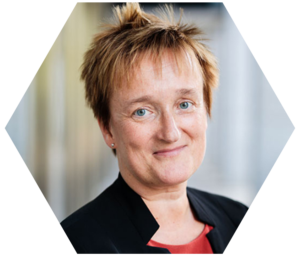With digital technologies, which provide new qualities of infrastructures or even offers in public spaces, the possibilities for abuse, attacks or crime are growing. In this respect, it is always a race between suitable methods, techniques, tools, but also between the appropriate processes, structures and skills of the people who prevent attacks and fight crime. To ensure that this race is successful in the public interest, the Federal Government has set up a programme for research into civil security from 2018 to 2023 and these five years will focus on digital change from the perspective of civil security and crime prevention. The Federal Ministry of Education and Research funds projects on IT security, on the use of artificial intelligence technologies in security research and on the robustness of digital infrastructures, to name but a few examples. With the digital age, the possibilities for monitoring, observing and better understanding are increasing. On the other hand, the risks of monitoring are increasing, including the possibilities of digital totalitarianism. This is indeed a dilemma that society must face. How open or how secure we want to make the digital age. This requires a discourse across many groups of actors and the consistent implementation of what I believe to be a European approach to digitisation that is as inclusive, trustworthy and secure as possible.



 Vision – Schieferdecker
Vision – Schieferdecker
Comments